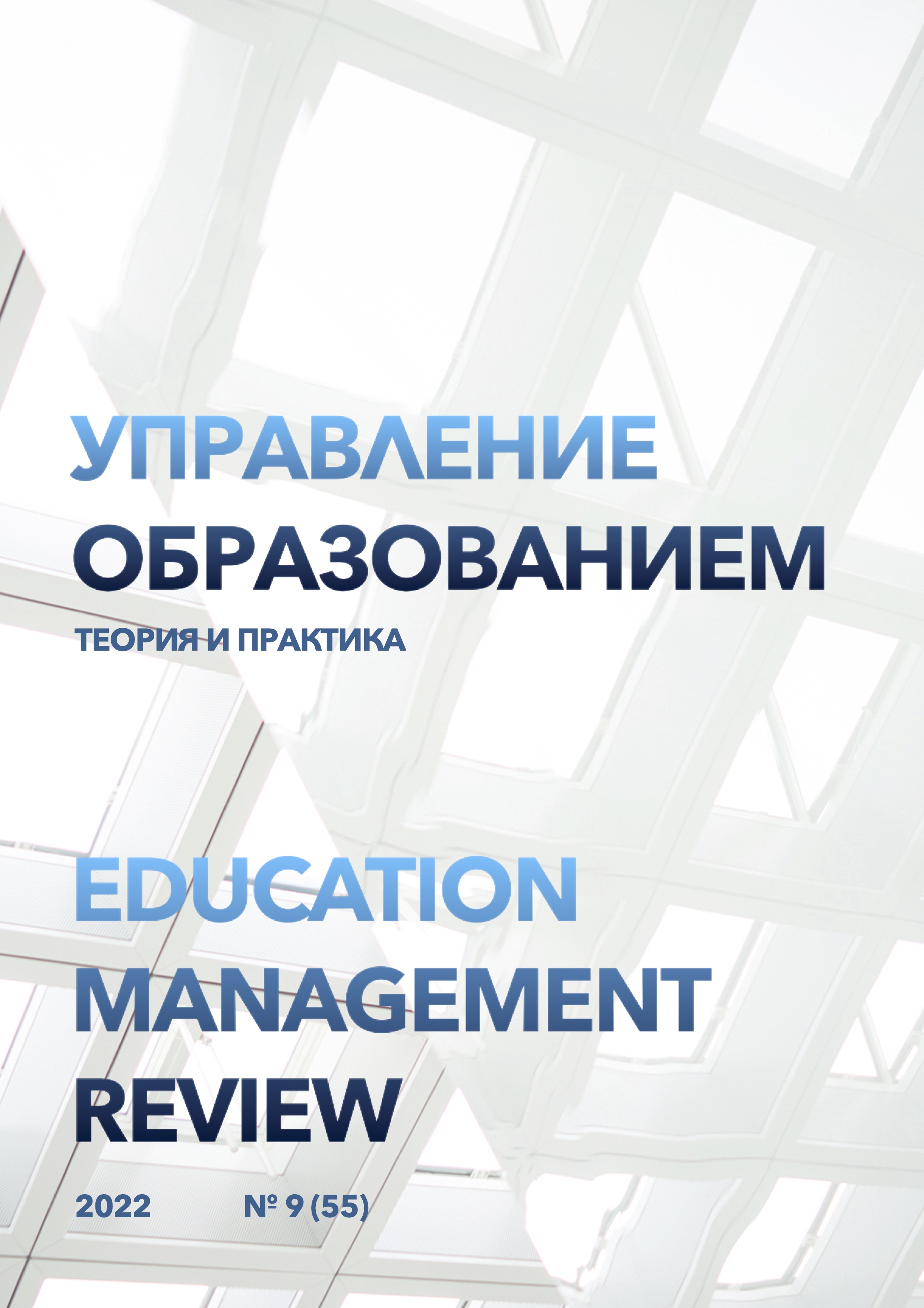Management of educational business processes in the conditions of economic crisis
DOI:
https://doi.org/10.25726/f2259-4209-1896-lKeywords:
management, educational process, research, higher education institutionsAbstract
The problem of ensuring the development of private higher education institutions has always been relevant, especially in conditions of a massive shortage of students in specialized specialties and limited financial resources. It is worth noting that outdated post-Soviet approaches to the management of educational institutions have proved ineffective in the conditions of market competition, challenges of European integration of the Russian educational system. The labor market requires specialists with a high level of professional training, capable of solving complex tasks and being mobile. Improving the quality of the educational process, bringing it to the requirements of employers is a difficult debatable task, the solution of which requires a systematic approach to pedagogical management from private higher educational institutions. To solve this problem, the technology of educational business process management, which is flexible and able to withstand economic threats, deserves attention. In modern conditions of reforming the educational industry, there is a need to ensure the profitability of private educational institutions and at the same time maintain an appropriate level of quality of providing educational services to students. To create such conditions, educational institutions are implementing a pedagogical management system that solves issues related to the management of business processes of an educational organization, with the least labor, time and resources. In a market-based management system, business process management is of urgent importance to ensure the profitability of private higher education institutions.
References
Арсаханова Г.А Возможности использования антистрессовых технологий в глобализации образования // Управление образованием: теория и практика. 2021. № 3. С. 39–49. https://doi.org/10.25726/m5593-2545-8348-v
Байсаева М.У., Арсамакова М.В., Байсаев З.И. Проблемы формирования и эффективного использования финансовых ресурсов органов местного самоуправления: опыт организаций управления образованием // Управление образованием: теория и практика. 2021. № 4. С. 265–273. https://doi.org/10.25726/p9648-5309-8680-k
Баранов В.В., Зайцев А.В., Зайцев А.А., Седларж Й. Концепция бережливого производства в системе стратегического управления предприятием // Креативная экономика. 2010. № 2. С. 117-126.
Бурнашева Э.П. Использование инструментов бережливого производства в проектировании образовательного процесса //Интеграция образования. 2016. № 1(82). С. 105-11. doi: 10.15507/1991-9468.082.020.201601.105-111.
Валиуллина Л.А., Беспалова М.Э., Хадасевич Н.Р. Интеграция принципов бережливого производства и системы менеджмента качества в организации труда учреждений социального обслуживания // Лидерство и менеджмент. 2019. № 2. С. 107-116. doi: 10.18334/eo.9.3.40849.
Даниленко М.И., Коркачева О.В. Применение концепции бережливого производства в складской логистике (на примере ООО «Восток-Сервис-Кузбасс») // Экономика, предпринимательство и право. 2019. № 4. С. 659-670. doi: 10.18334/epp.9.4.41344.
Клюев А.К., Томилин О.Б., Фадеева И.М., Томилин О.О. Управление университетом: итоги трансформации // Университетское управление: практика и анализ. 2018. № 1. С. 93-104.
Маличенко И.П. Управление знаниями как эффективный механизм формирования непрерывной системы обучения и развития персонала в организации // Вестник НГУЭУ. 2016. № 1. С. 174-188.
Соколов А.П. О новой форме развития системы управления организацией при реализации проектов // Экономика и управление: проблемы, решения. 2019. Т. 10. № 3. С. 60-64.
Шаталов А.С., Санташов А.Л., Санташова Л.Л. Международное сотрудничество пенитенциарных систем в сфере передачи осужденных для отбывания наказания и исполнения приговора суда // Журнал прикладных исследований. 2020. № 1. С. 62-78.
Шпак Г.Б., Бондаренко Т.Н. Управление современным вузом: проблемы и перспективы развития // Вестник ХГУЭП. 2019. № 3. С. 5-11.




